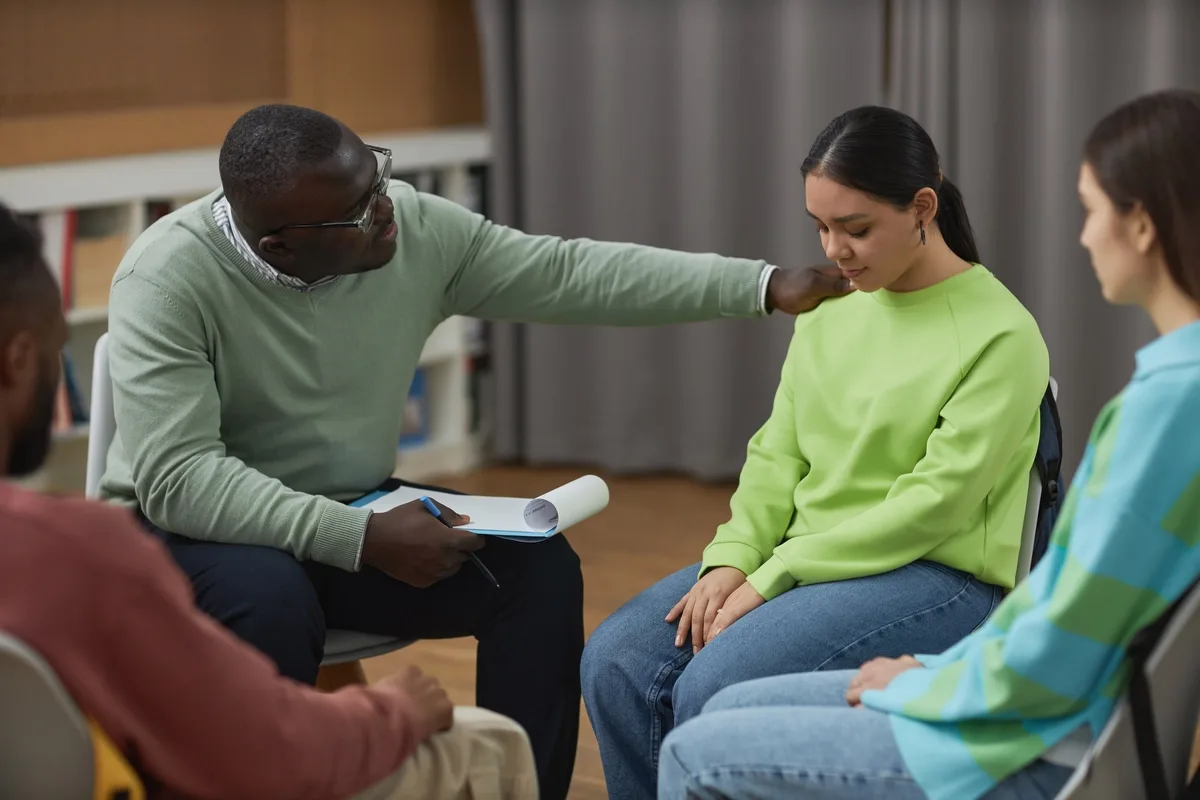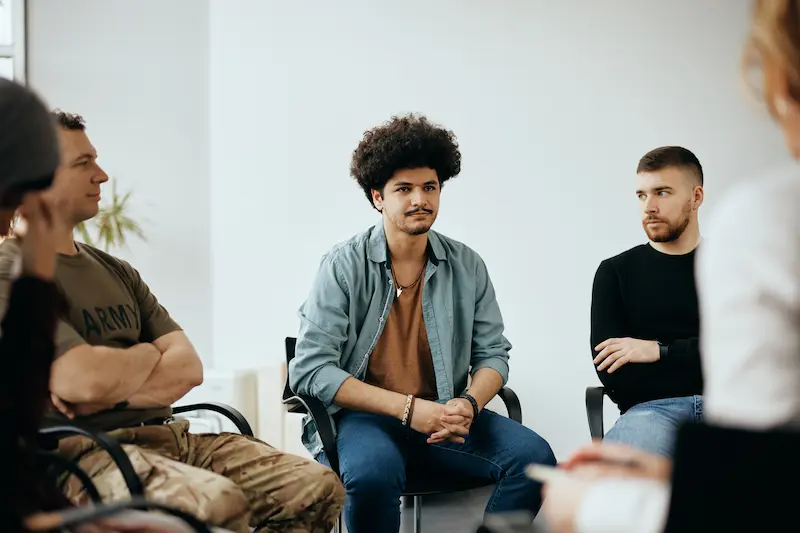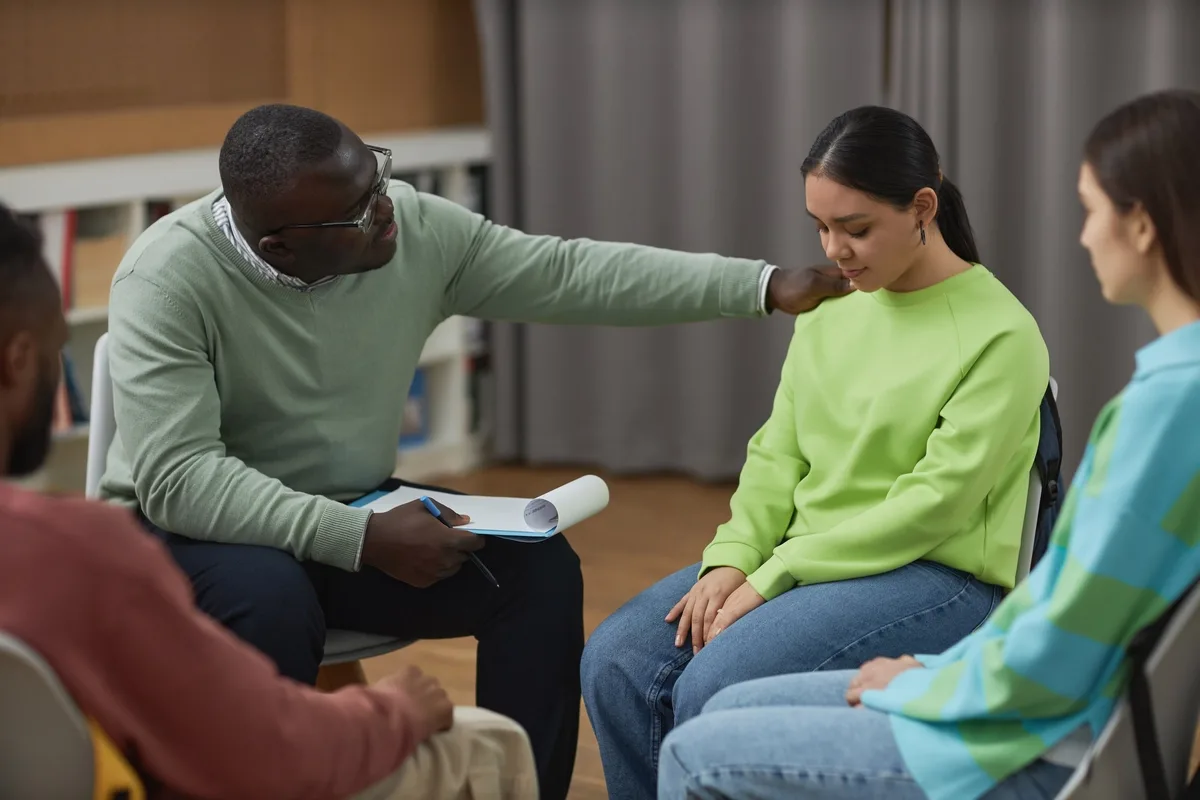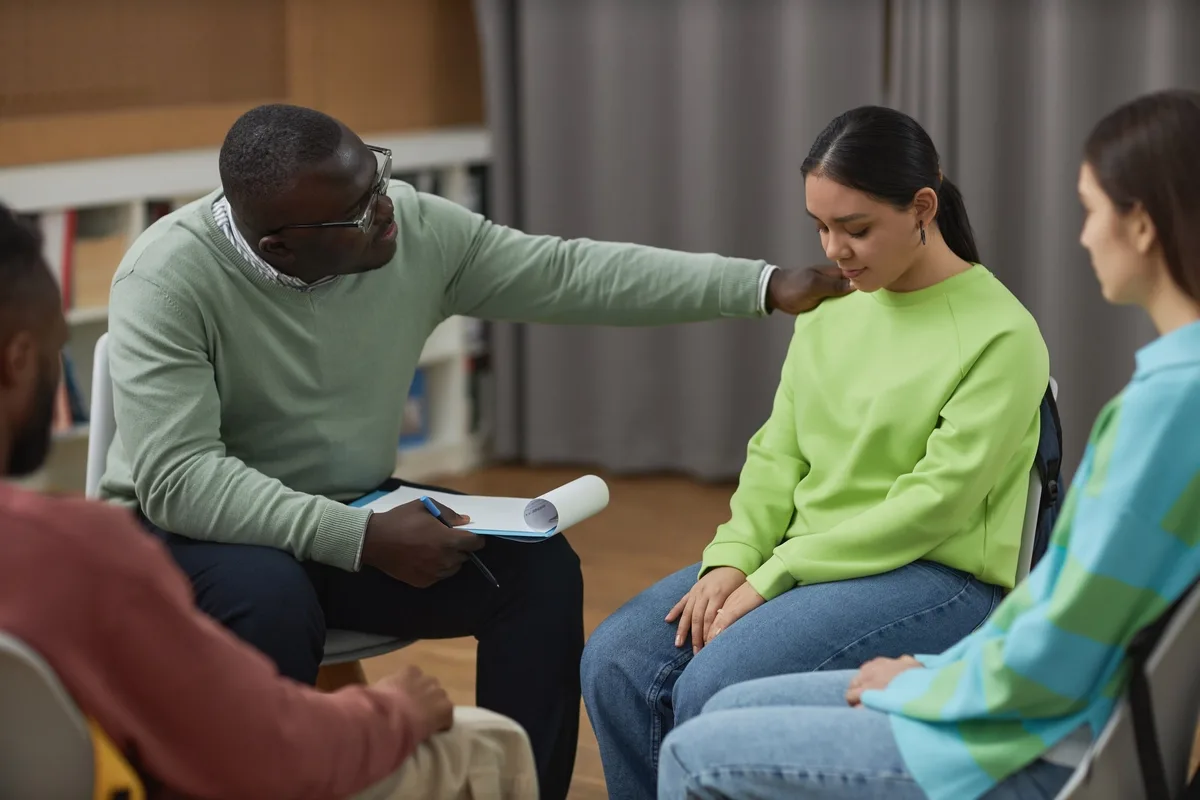24/7 Helpline:
(866) 899-111424/7 Helpline:
(866) 899-1114
Learn more about Group Therapy centers in Cheneyville
Group Therapy in Other Cities

Other Insurance Options

Anthem

Providence

Magellan Health

Access to Recovery (ATR) Voucher

Ceridian

Meritain

ComPsych

MVP Healthcare

Regence

Horizon Healthcare Service

Self-pay options

Health Net

Health Choice

Sliding scale payment assistance

Multiplan

Aetna

Amerigroup

Magellan

Group Health Incorporated

GEHA

Edgefield Recovery Center
Edgefield Recovery Center is a drug and alcohol rehab center located in Cheneyville, LA. They provid...

Healing Springs Ranch
Located in Tioga, Texas, Healing Springs Ranch is a center for treating addiction and mental health ...








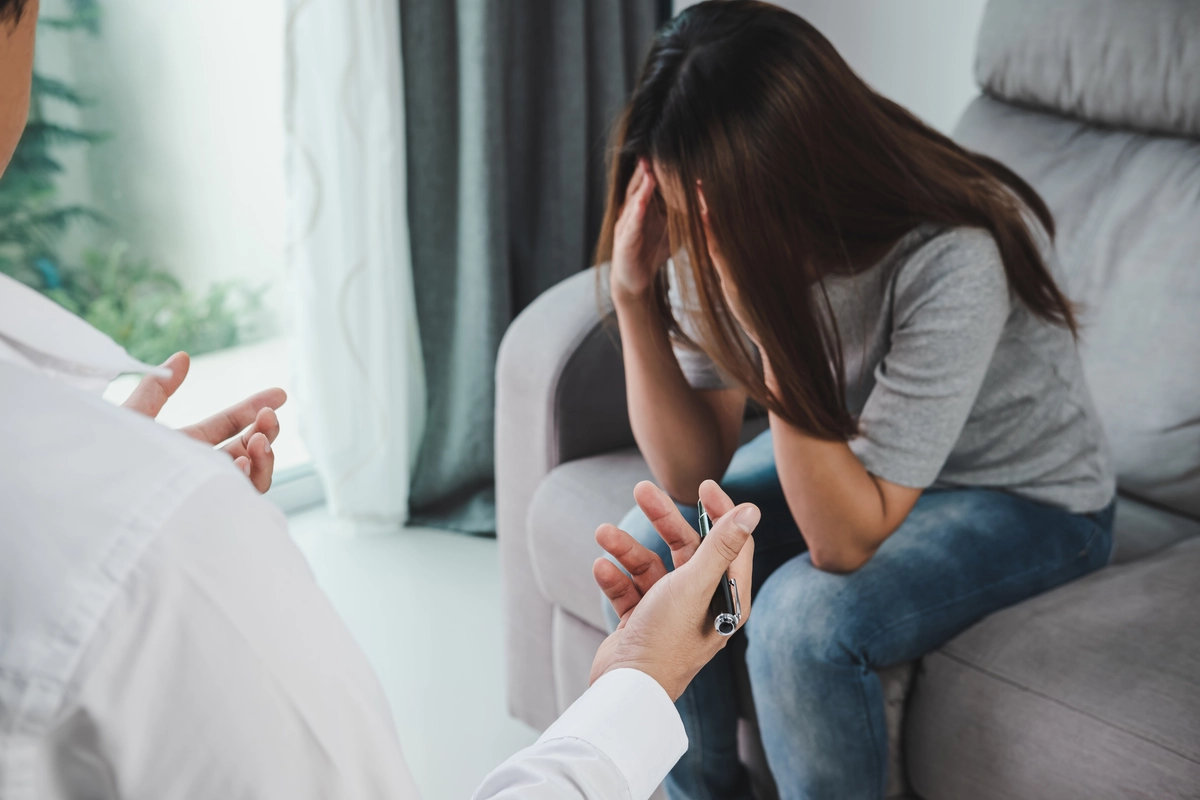








Dellwood Recovery Center
Dellwood Recovery Center is a private rehab located in Mora, Minnesota. Dellwood Recovery Center spe...

Serenity Manor
Serenity Manor is a private rehab located in Mora, Minnesota. Serenity Manor specializes in the trea...

New Mexico Behavioral Health
New Mexico Behavioral Health is a public rehab located in Mora, New Mexico. New Mexico Behavioral He...



































































































































































